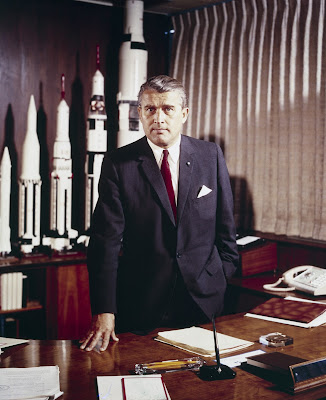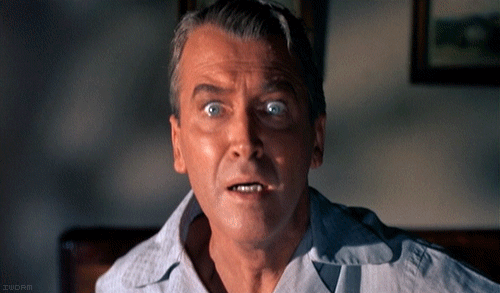"This is a birth of new era in an international relations." - Dwight D. Eisenhower
On October 24th, 1956 the
Presidum of the Central Committee of the Communist Party of the Soviet Union discussed political issues in Hungary and Poland. Hardliners under
Vyacheslav Mikhailovych Molotov's leadership were pushing for direct intervention by using Soviet troops in Hungary to suppress demonstrations while
Nikita Sergeievych Khrushchev and
Georgy Konstantinovich Zhukov were opposed to this proposal using information from Budapest delegation which reported that situation was not as dire as had been portrayed and could be resolved peacefully by making some concessions to the protesters. In addition Khrushchev saw protests not as ideological struggle but discontent of working men over unresolved economical and social issues that caused loss of people's support to their government. The Suez Crisis between Great Britain, France, Israeli and Egypt was another reason to not provoke Western Powers. Some of Politburo members feared that United States' President became more confident after orbital flight of the first American artificial satellite and could bomb every city on the planet using new weapon. To them it would be better to make as little concessions as possible and wait to reverse them or continue if they prove to be successful for local Communist Party.
After some debate Presidum decided to do not remove new Hungarian government following Marshall Zhukov proposal to withdraw Soviet troops from Budapest.
Declaration of the Government of the USSR on the Principles of Development and Further Strengthening of Friendship and Cooperation between the Soviet Union and other Socialist States was issued by them on October 28th, 1956 as proposal to begin negotiations between Soviet delegation led by Anastas Mikoyan and new Hungarian people's government. While they did not agreed on withdrawal from the Warsaw Pact, some concessions were made in order to appease Hungarian society and resolve their major issues. Censorship was loosened, Soviet troops evacuated from Budapest and major cities (instead they were allowed to establish bases nearer Austrian-Hungarian border), allowed to dismiss Rakosi-era officials but not to prosecute them, introduced more scientific central planning made mainly by economists and engineers instead of ideologists, negotiated trade concessions, decollectivization and removal of Stalin's statues from Hungary and return of Hungarian prisoners from the Soviet Union.
On November, 3rd Nikita Khrushchev named Hungarian revolutionaries of 1848-1849 as one of the proto-communist freedom fighters and allowed to elevate statue for them in Budapest. Revolution was complete in Hungarian People's Republic was showed to Western states that new non-Stalinist government of the Soviet Union is willing to cease hostilities with other countries. Communist Party of Great Britain praised Nikita Khrushchev and his government as sign of future for all communist parties in the world and called all of them to support reformists within CPSU as the only force to pursue communist goals in the world. On January 21st, 1957 during his second inaugural address US President Dwight D. Eisenhower stated that billions of people are living in the most prosperous and progressive decade in the human history as humanity not only reached space but even in once totalitarian states leaders began to see advantages of reform and negotiations over brute force and suppression.
The most important events:
The Soviet Union accepted new government of Hungarian People's Republic.
Hungarian November of 1956 ended in agreement between protesters and the Soviet negotiators.
Nagy Thaw in Hungary began.
[*]OTL Nikita Khrushchev was reluctant to direct intervention in Hungarian People's Republic but was convinced after attack on Hungarians communists' headquarters and accidential bombing of building by Hungarian tanks. ATL there is faster reaction made by Presidum due to fear of a US nuclear attack in support for insurgents and protesters began to stop fighting earlier.












